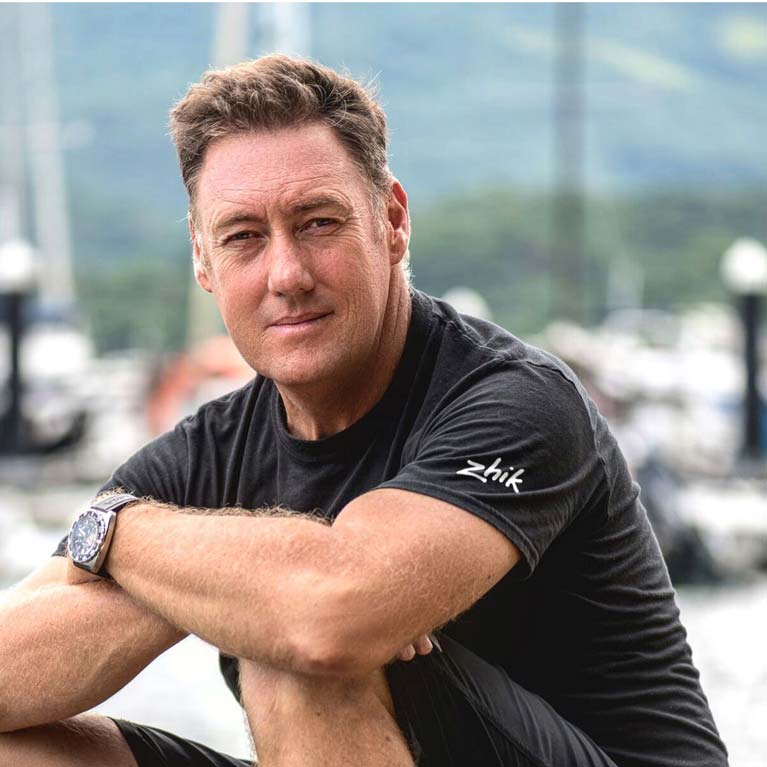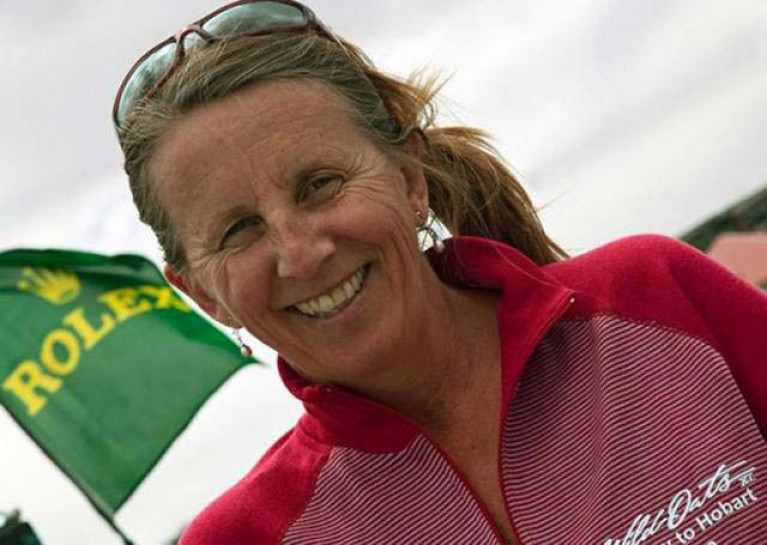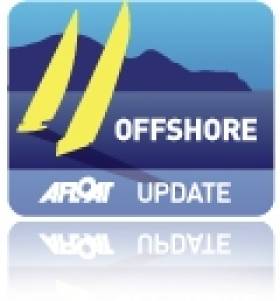Displaying items by tag: Adrienne Cahalan
Navigator with Irish Roots Adrienne Cahalan Embarks on 2024 Olympic Campaign for Australia
An offshore navigator Adrienne Cahalan with Irish roots is aiming to represent Australia in the new double-handed offshore class for the 2024 Olympic Games, teaming up with Nick Moloney to make a comeback to short-handed offshore sailing.
Cahalan, who is one of Australia's most celebrated yachtswomen, has served many roles for Irish sailing including weather expert at the 2000 Sydney Games where she is based.
Teaming up with her long time friend and sailing colleague their track record together includes the Volvo Ocean Race, the Vendee Globe and the Jules Verne trophy, winning numerous titles and breaking many sailing world records. Whilst Cahalan has previously competed on the Olympic circuit until now Nick’s focus has been on short-handed ocean and round the world racing.
 Offshore sailing adventurer Nick Moloney is Adrienne Cahalan's partner for a Paris 2024 Olympic bid
Offshore sailing adventurer Nick Moloney is Adrienne Cahalan's partner for a Paris 2024 Olympic bid
Cahalan was part of the Cheyenne crew which broke the Round the World World Speed Record in 2004, she has circumnavigated the globe on several projects, and has had four World Yachtswoman of the Year nominations. Her record-breaking participation in the Sydney to Hobart adds to her legacy. Cahalan has navigated Wild Oats XI to five-line honours victories, including two trebles – line honours, overall and race record. She has six Hobart line honours and two overall Hobart wins to her name.
Trimaran Sets World Speed Sailing Record On English Channel
#englishchannelsailing – The San Francisco-based Lending Club report that its CEO Renaud Laplanche and co-skipper Ryan Breymaier established a new world speed sailing record across the English Channel.
The sailors went from the Royal Yacht Squadron Cowes, Isle of Wight to Dinard, France, in 5 hours, 15 minutes, subject to ratification by the World Speed Sailing Record Council, aboard their 105-foot offshore trimaran Lending Club 2 at an average speed of 26.36 knots.
Other crewmembers included Jan Majer, Stanislas Delbarre, Olivier Laplanche, navigator Boris Herrmann, French racing veterans Jean-Baptiste Le Vaillant and Roland Jourdain, and OBR Quin Bisset. Shore-based weather routing was provided by Wouter Verbraak.
The previous record of 5 hours, 23 minutes was established by skipper Brian Thompson, Irish navigator Adrienne Cahalan and the crew of Maiden II, a 110-foot catamaran, in September 2002 at an average speed of 25.6 knots.

























































